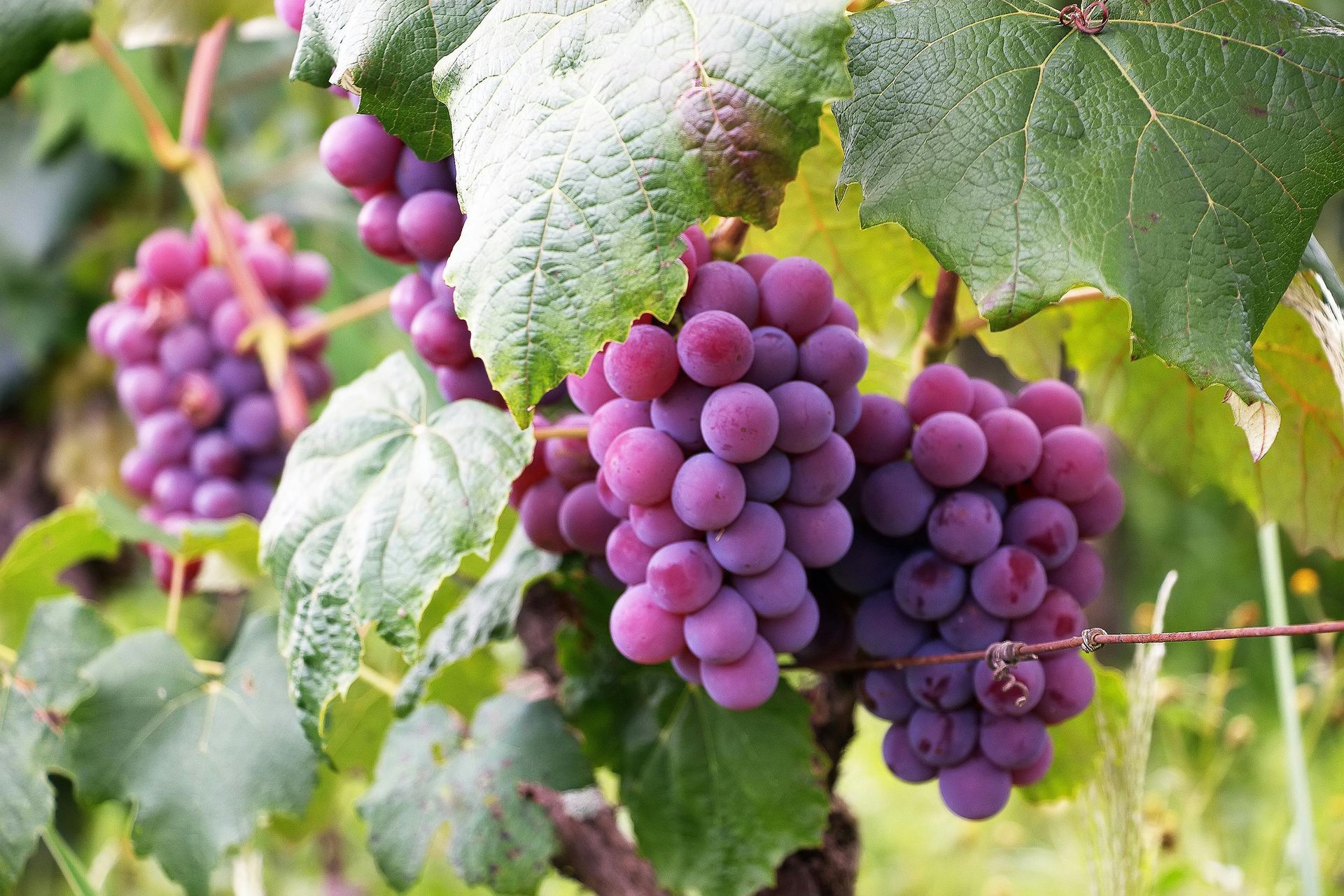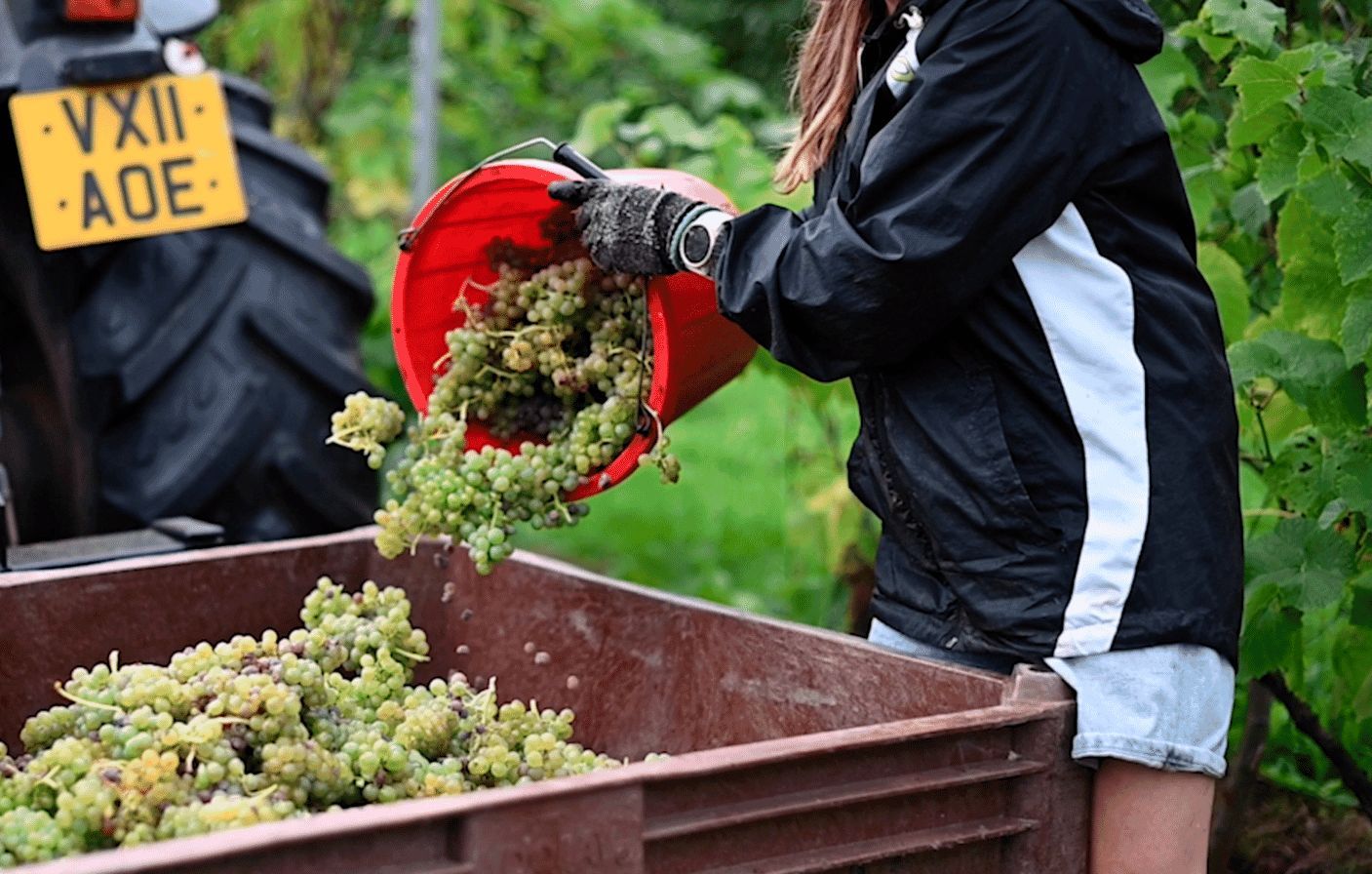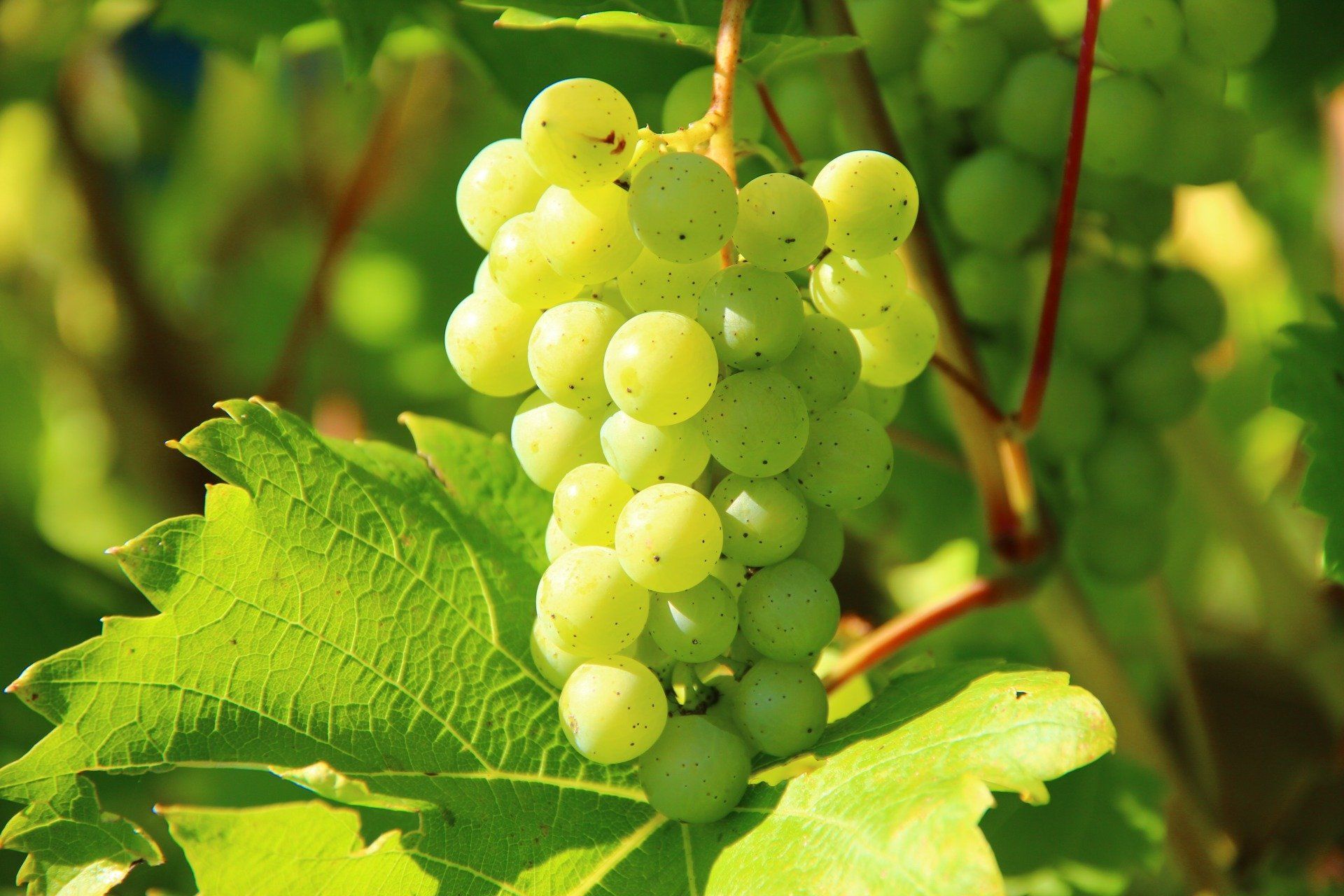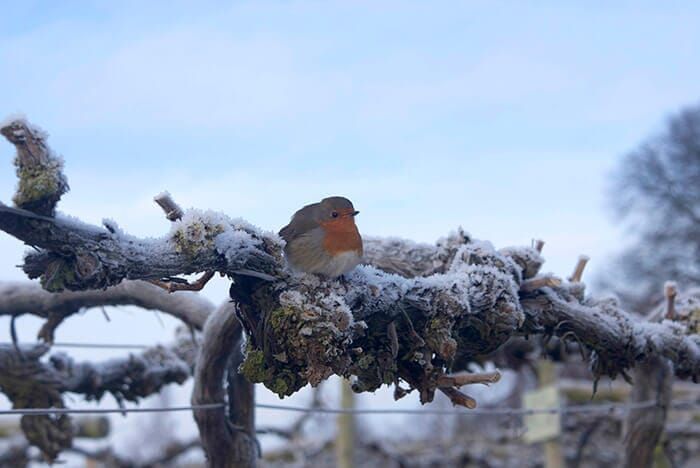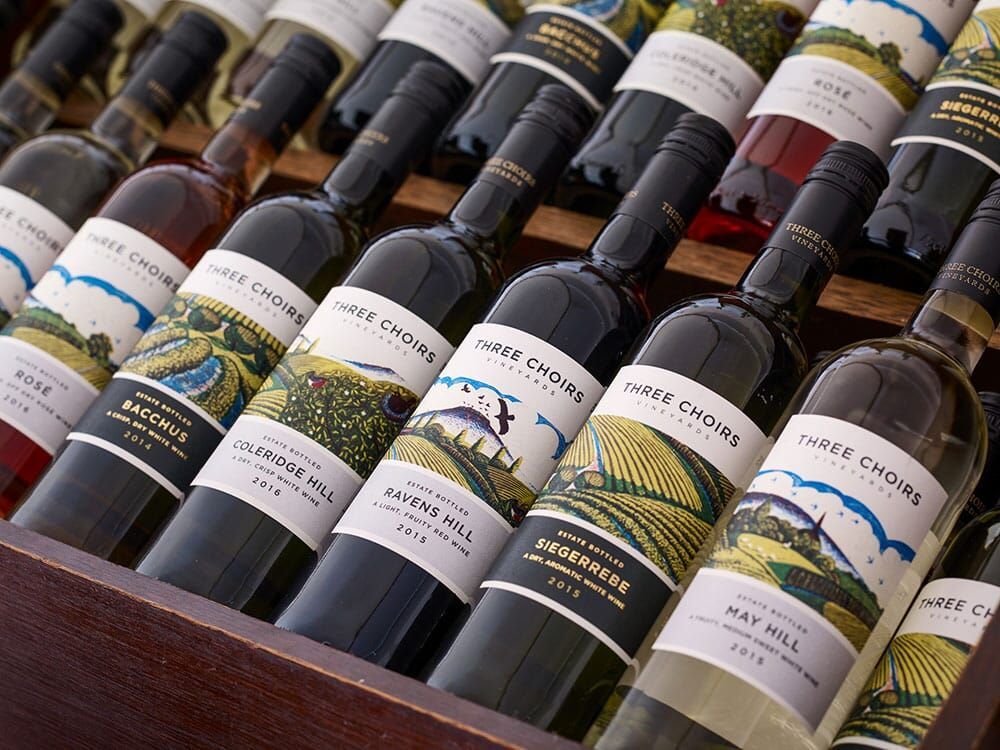What is the perfect harvest on a vineyard?
Harvest on a vineyard is a magical time. It is the end of a year of growing and the start of the winemaking cycle.
Harvest will happen every year, whatever the weather. The harvest season here at Three Choirs Vineyard usually starts in September. Although, as it is dependent on the right weather conditions throughout the growing season, there is no guarantee when it will actually begin! Harvest then goes through October.
There are definitely some harvests which are better than others. So, what makes the perfect harvest on a vineyard?
The key thing is always to pick the grapes at the right time – not too early and not too late. Grapes which are picked too soon can lack the flavour, richness and complexity we value in our wines. But overripe grapes can add too much sugar and therefore too much alcohol to the wine.
The right time will vary from year to year, and we have to use all of our experience to make the right decisions. Throughout the growing season, vineyards monitor the grapes carefully until the ideal level of sugar and acidity is reached for a particular wine.
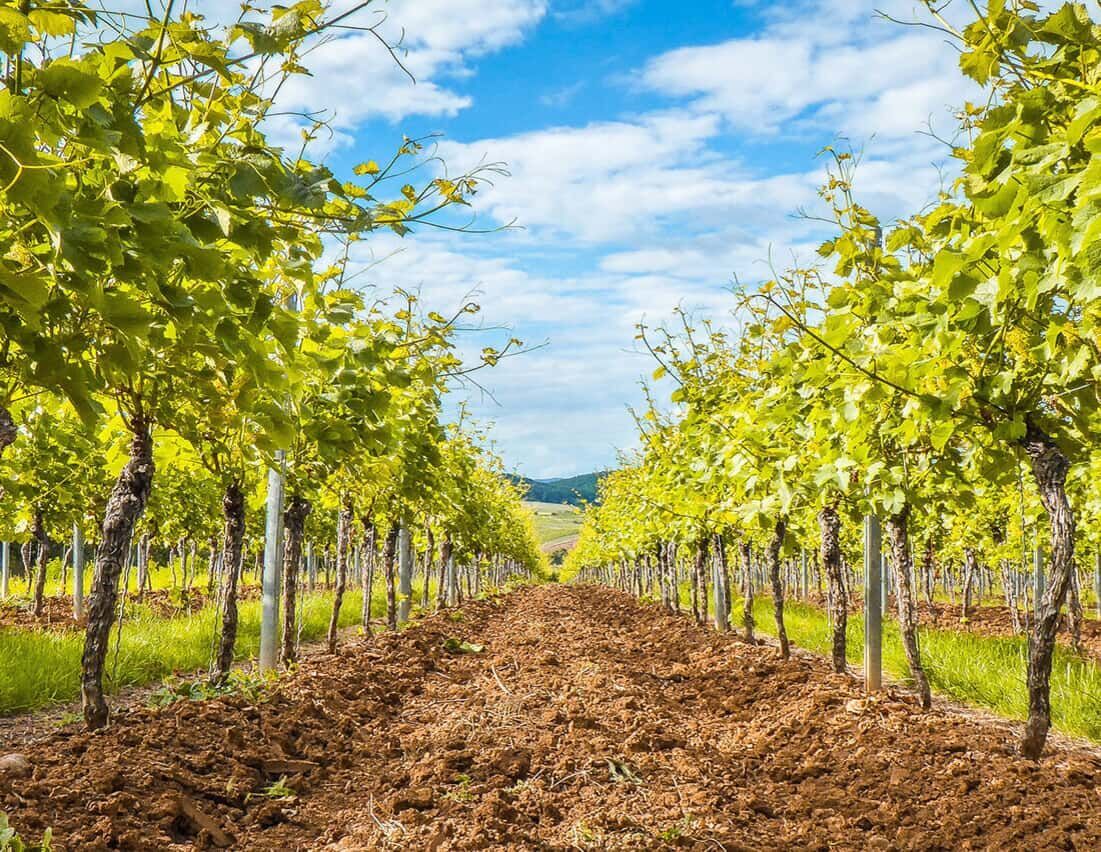
Watching the weather
Harvesting grapes at the right time is a great skill, then a sense of urgency is needed to get them in as quickly as possible, before they become overripe or get damaged by unseasonal weather.
As harvest approaches, we check the vines regularly and taste the grapes frequently. Are the leaves still green or are they starting to yellow? Is the fruit still hard and crunchy or is it starting to soften?
Watching the weather forecast very carefully is definitely part of the job! Long periods of warm weather mean the grapes will ripen more quickly than usual, while cooler than average temperatures might slow things down.
If the grapes are very nearly ready for harvesting and we know extreme weather is on the way – whether an early frost or a late heatwave – it might be wiser to pick straightaway rather than risk the effects of the weather on the fruit.
Experienced pickers
A perfect harvest is carried out by hand by experienced pickers. The weather conditions could be ideal, but if the staff don’t pick the right grapes in a timely manner, it won’t be a perfect harvest. Great staff who know what they’re doing and enjoy their job really make a difference when it comes to a good harvest.
We hope our vines don’t have diseased or under-ripe grapes, but it is inevitable there will be a few. A perfect harvest would have an absolute minimum of substandard grapes on the vine and pickers who are experienced enough to only pick the healthy bunches. The key is to train staff well and keep them motivated.
Wasps and birds can be a problem if they get to the vines before we do. A perfect harvest is one where wasps and birds don’t eat the fruit, but keeping them away is easier said than done. Unfortunately, eating the grapes is exactly what nature intends birds to do to spread the seeds! Multiple traps might work to stop wasps, but some years there are just more wasps than other years.
A bumper year
According to WineGB, 2023 was Great Britain’s biggest-ever grape harvest – making it a near perfect year for British wine.
Together, Britain’s vineyards produced enough wine for 20 million to 22 million bottles – 50% higher than 2018, the previous record year.
Even though many of us found the summer disappointingly damp and chilly, the conditions throughout the year proved to be perfect for wine production. Very little spring frost, perfect flowering weather in June, a wet and dull July and August and very warm spells in September and October all combined to create a near perfect grape harvest.
With climate change, who knows if we will get more summers like 2023 or if it was a one-off? But combining those very specific weather conditions with the skills of our growers and pickers will add up to a perfect harvest.
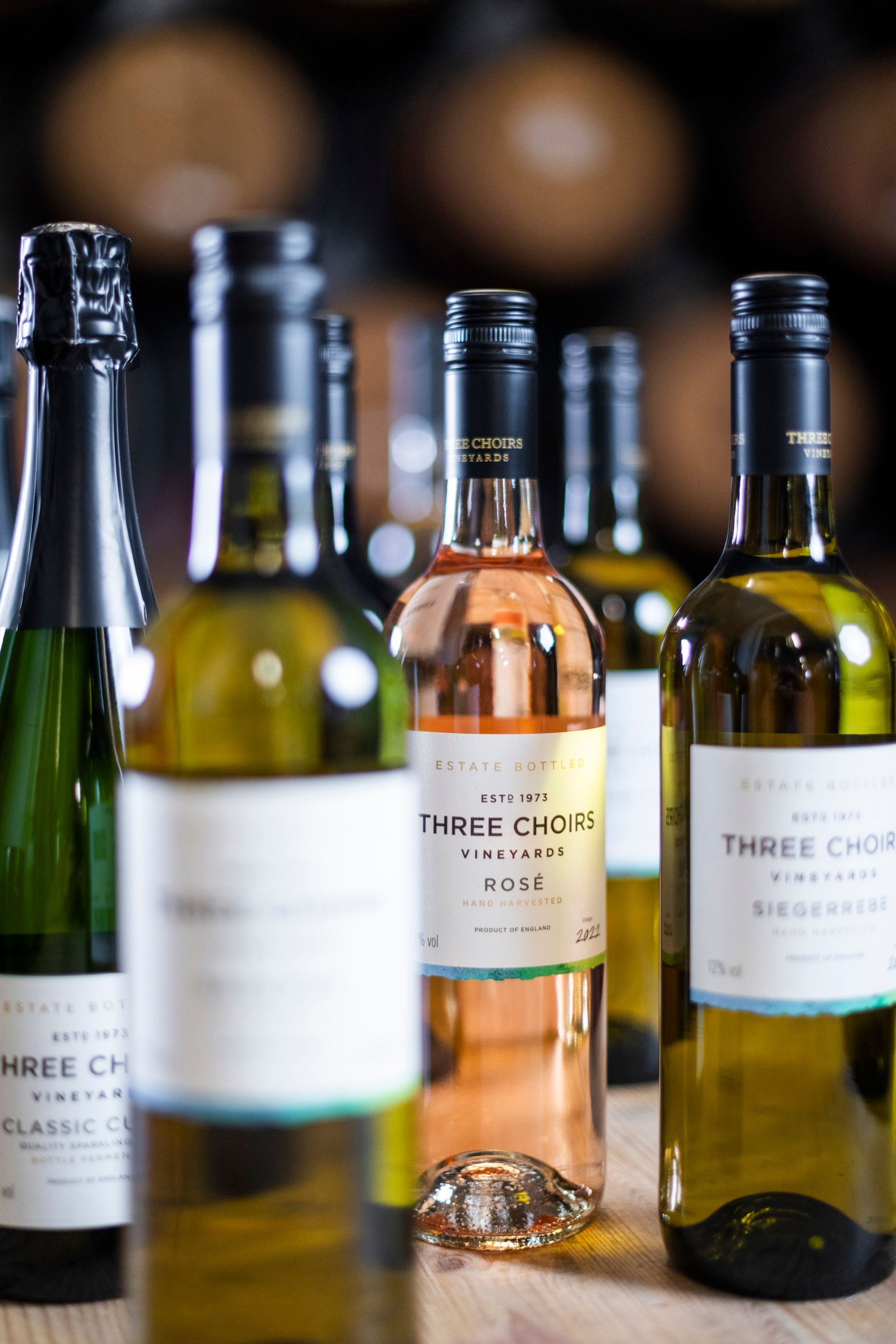
More from our blog...

